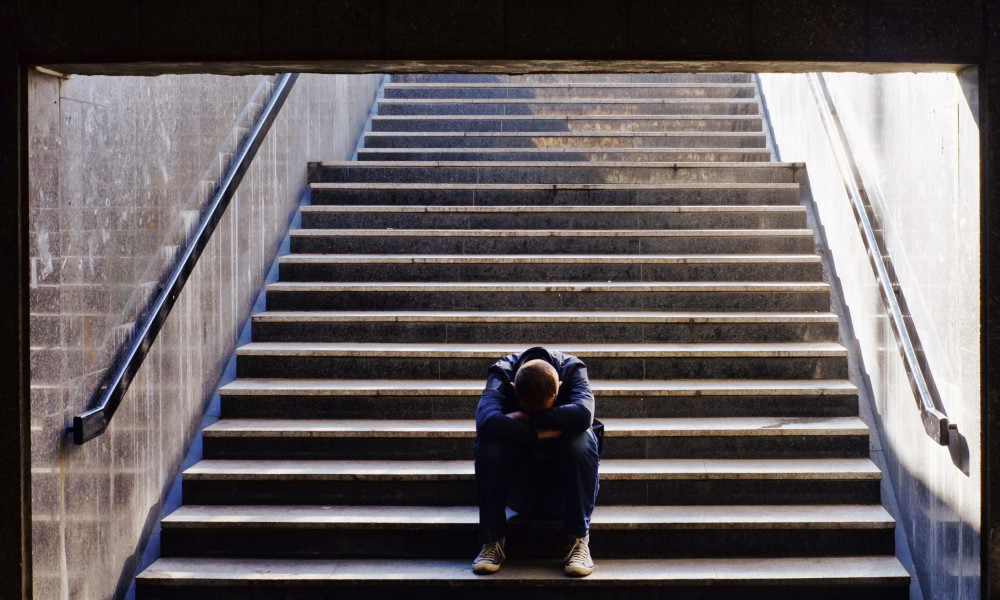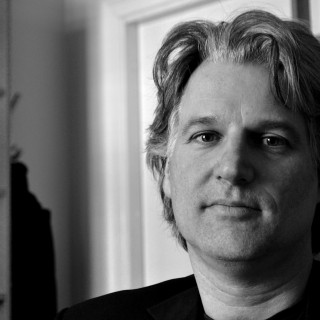No one wants to speak up for those on benefits
They are socially excluded, looked down upon and lack advocates. Those on benefits, including sickness benefits and the long-term unemployed, are some of the most vulnerable members of society. It is difficult to break out of the group and there is an overhanging risk that the problems will be handed down to the next generation.
When Anna Angelin interviewed social welfare officers and civil servants on behalf of the Malmö Commission (see fact box), none of the 20 interviewees thought those on benefits had a reasonable standard of living.
“It is interesting, because it means they view their own work as a failure”, says Anna Angelin, who conducts research on social work. “It is laid down in the Social Services Act that people have the right to a reasonable standard of living.”
Today, the proportion of people who need social security benefits over an extended period has increased, and this is a problem according to Anna Angelin, because the benefits are not designed to be a permanent source of income. There is a major difference between being on benefits for three months and for seven years, she says.
“To be eligible for benefits, you must be destitute, and those who are often end up in a vicious circle. They get into a situation of powerlessness and destructive patterns of living, where they may not even be able to afford the bus fare, let alone move to another town for work. Constant financial stress can lead to worry, stomach pain and insomnia. Moreover, it causes social isolation, and in that situation it is difficult to be constructive.”
“Constant financial stress can lead to worry, stomach pain and insomnia. Moreover, it causes social isolation, and in that situation it is difficult to be constructive.”
Today, around six per cent of the Swedish population live on benefits, but the number of people living in difficult circumstances is much higher than that, according to Anna Angelin. Fifteen per cent of the population live in poverty according to the EU’s measurements. These include single people who work part-time, young people who are unemployed, those with many dependents, people in long-term unemployment and those on sick leave. These people often move in and out of different benefits systems and labour market measures. People with full-time jobs are rarely found in this group.
Current policy is about providing incentives to work. If people on benefits are too well off, they are not going to try to enter the labour market, is the theory. Anna Angelin does not have much faith in this argument. Her research has shown that people who live in poverty and have to accept state hand-outs see it as shameful.
“Benefits are definitely not a choice for most people, and it is therefore biased to focus primarily on the responsibility of the individual when it is so clear that there is a large group of people who are not welcome on the labour market”, she says.
The stigmatisation of the group is seen in the fact that they do not have people or organisations who speak on their behalf. Other vulnerable groups such as drug addicts and the mentally ill, have strong advocates, but the poor have very few.
“No one wants to be associated with that group and no one wants to speak up for them”, says Anna Angelin, explaining that when the Malmö Commission suggested raising the level of benefits, many politicians reacted angrily.
However, regardless of their view of the issue, poverty is something politicians should take seriously, says Anna Angelin. Children who grow up in poverty are at much higher risk of being affected by unemployment, illness and poor standards of living.
“Poor children are simply a bad deal from an economic perspective.”
Text: Ulrika Oredsson
Publicerad: 2014
Facts
-
Malmö Commission
-
The Malmö Commission (Malmökommissionen) comprised researchers and civil servants who put together 31 scientific reports with around 200 recommendations for social sustainability in the city of Malmö, with the goal of reducing inequalities in health and living conditions. Anna Angelin and Tapio Salonen produced the research that formed the basis for the recommendations on how Malmö can reduce childhood poverty.





